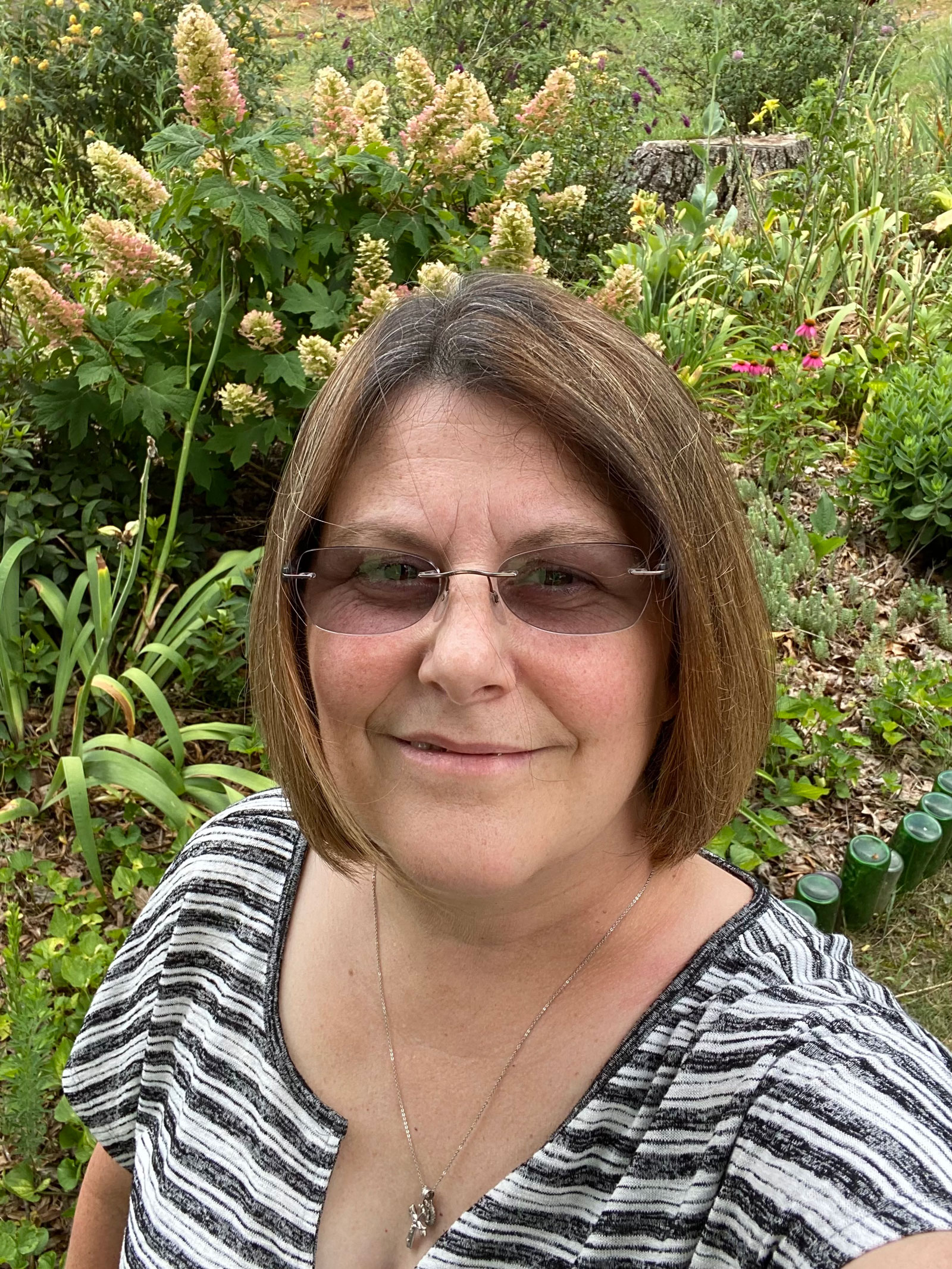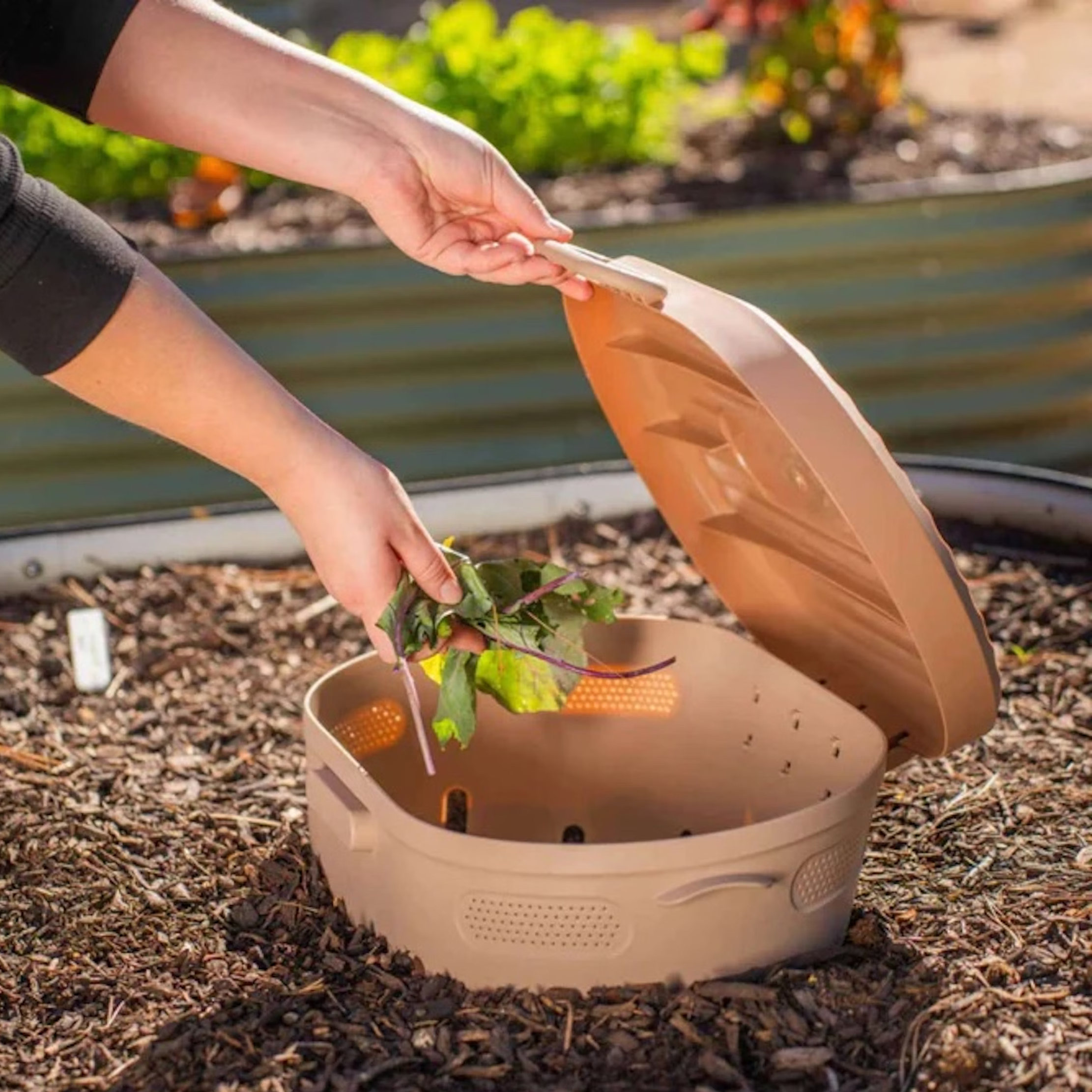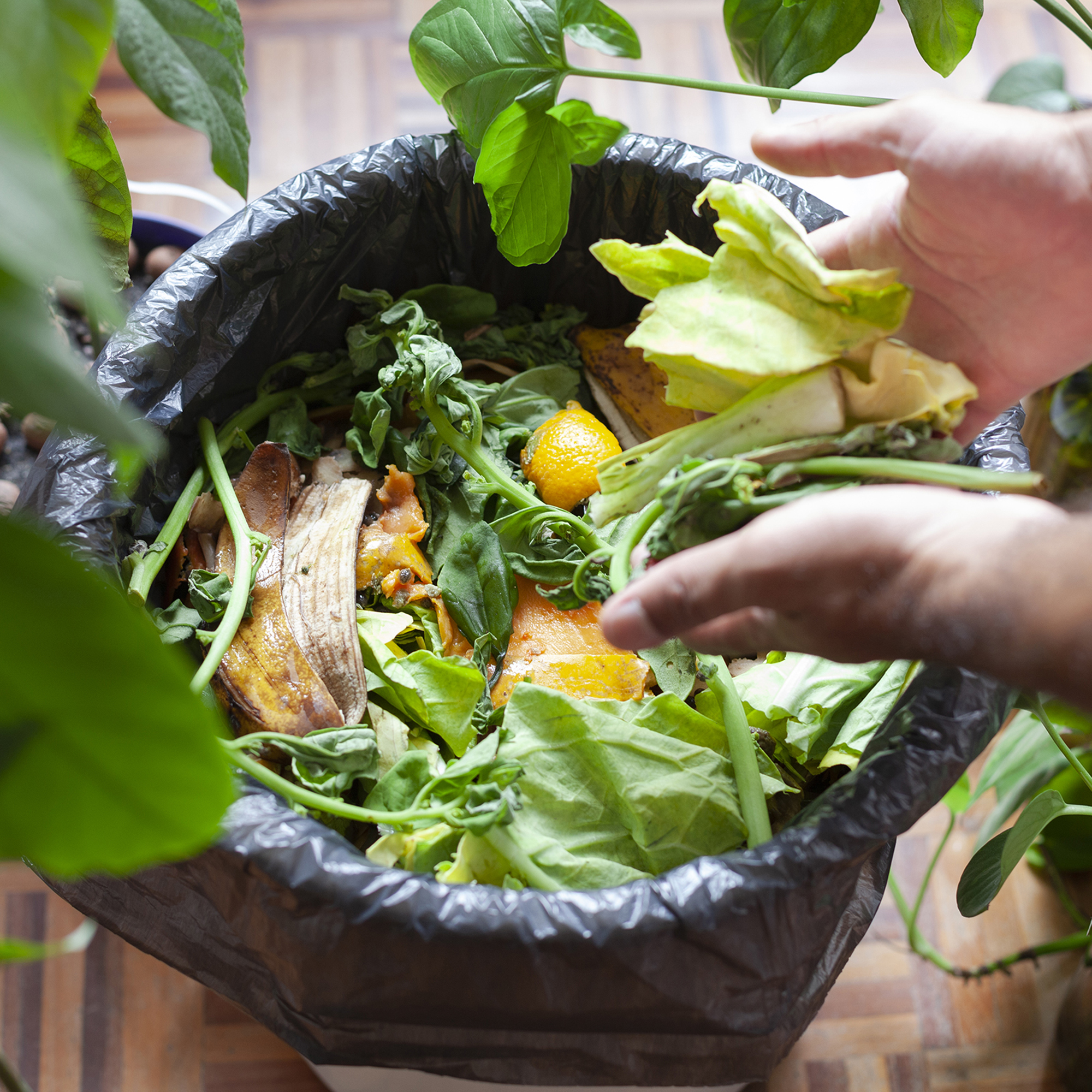Pros And Cons Of Planting Wildflowers

"You belong among the wildflowers" - and it's so true! If you love to garden or love nature at all, then wildflower pros abound. Carefree, beautiful and useful plants, wildflower planting in gardens isn't anything new. Colorful, rustic, and low maintenance they may be, wildflowers seem like they should be a no-brainer when you're looking to plant a garden or a large open field and, for the most part, they are. There are, however, some serious drawbacks to planting wildflowers if it's not done correctly. Let's explore the various reasons to plant wildflowers and learn more about the cons of planting wildflowers too.
Advantages of Planting Wildflowers
Nikki's viewpoint - Generally defined as any flowering herbaceous species or woody ornamental growing wild within the one's natural ecosystems (in other words, is native to the area), a wildflower plant has much to offer in the garden. Natural and low maintenance. Because wildflowers are normally native plants in one's region, they are nearly maintenance free in the garden. They're already accustomed to the environment, so little care is needed. If you're a busy gardener, and who isn't nowadays, or even a bit on the lazy side, this is a definite reason to plant wildflowers. Attractive to beneficial insects. Wildflowers help to encourage bees and other important pollinators to the area. You couldn't have fruits or veggies without pollination, so planting wildflowers in the garden, even amongst your edibles, is a great way to ensure a good harvest. As a bonus, these native plants will attract other beneficial insects that can help fend off bad bugs that might otherwise feed on your crops. Food source for wildlife (and us too). Wildflower plants in the landscape help provide both food and shelter for many types of bird species and other wildlife. But that's not all. We, humans, use many of them too. From seeds or tubers that we eat to oil, dyes or fibers for products we need, wildflowers are important. They have medicinal/herbal benefits. Nearly 80 percent of medications or herbal products include properties that are found in wildflower plants. Many have been used for centuries. Take coneflowers (Echinacea) or chamomile, for instance. Both of these plants have been utilized for their herbal properties past and present, and are especially popular as tea. Wildflower plants are beautiful. Probably one of the best reasons for adding these plants to your garden is the simple fact that they're just plain pretty. Wildflowers can even fix problems and unsightly areas on your property. They make your surroundings look nice, which makes the gardener in you and everyone else happy. Good for the environment. Since plants take in carbon dioxide and produce oxygen, surrounding yourself with plenty of native wildflowers helps to promote cleaner air. Likewise, planting wildflowers you will increase the plant and animal diversity in the environment.
Drawbacks of Planting Wildflowers
Liz's viewpoint: There are no real reasons not to plant wildflowers, as long as you do it responsibly. The right wildflowers can be an excellent source of food for bees, habitat for native bugs and other fauna, and a low impact addition to the ecosystem that requires little extra watering and attention. But not all wildflowers are created equal and not all are the right ones for your garden. By planting the wrong wildflowers for your area, you could be introducing non-native or even invasive species. Environmental drawbacks to planting wildflowers. While there are few wildflower planting downsides, the most obvious is the accidental introduction of non-native species. Wildflowers are so nice because they are meant to fit in with the environment, requiring little maintenance and providing lots of pollen and nectar for local pollinators. But knowing which wildflowers are native to your area takes some research. If you plant the wrong seeds, you're introducing plants that aren't suited to your environment. This could mean they simply won't thrive, or their flowers won't be compatible with the pollinators in your area. In the worst case scenario, they will thrive, but at the expense of other native plants, taking over and spreading through the delicate ecosystem. Reasons not to plant wildflowers from seed mixes. Why is it so hard to know which wildflowers you're planting? Because more often than not, wildflower seeds are sold as mixes, often based around a theme like Shade Loving or Pollinator Friendly, and sold all over the country or even the world. If you plant a packet of seeds containing California poppies and you live in California, you won't have a problem. If you live in the southeastern U.S., however, you'll be introducing an invasive weed. On top of this problem, many seed mixes don't even list their contents correctly, so you may be planting invasive flowers without even realizing it.
How Well Do Reasons to Plant Wildflowers Hold Up?
Wildflowers are a great idea, but ONLY if they're planted responsibly. Avoid those mixed seed packets, and only plant flowers you know are meant for your area. They're wildflowers, after all - you should want them to be as natural as possible. So, overall, planting wildflowers in the garden is a great thing to do. Just remember to do your homework beforehand and reassert the native species for your area, or at least those with little to no threat of becoming out of hand. In most areas, your local extension office can help with this.
Gardening tips, videos, info and more delivered right to your inbox!
Sign up for the Gardening Know How newsletter today and receive a free copy of our e-book "How to Grow Delicious Tomatoes".

Nikki Tilley has been gardening for nearly three decades. The former Senior Editor and Archivist of Gardening Know How, Nikki has also authored six gardening books.
-
 Try The Trend – Turn Any Bed Into A Keyhole Garden With This Clever In-Ground Composter
Try The Trend – Turn Any Bed Into A Keyhole Garden With This Clever In-Ground ComposterKeyhole gardening is an efficient and sustainable practice that saves space. Get started on this DIY project quickly and easily with an in-ground composter.
By Bonnie L. Grant
-
 4 Superfast Composting Methods: Turn Waste Into Garden Gold In 30 Days Or Less
4 Superfast Composting Methods: Turn Waste Into Garden Gold In 30 Days Or LessTry the fastest composting methods to turbocharge your pile and transform kitchen scraps and garden waste into finished compost in just a few weeks.
By Mary Ellen Ellis